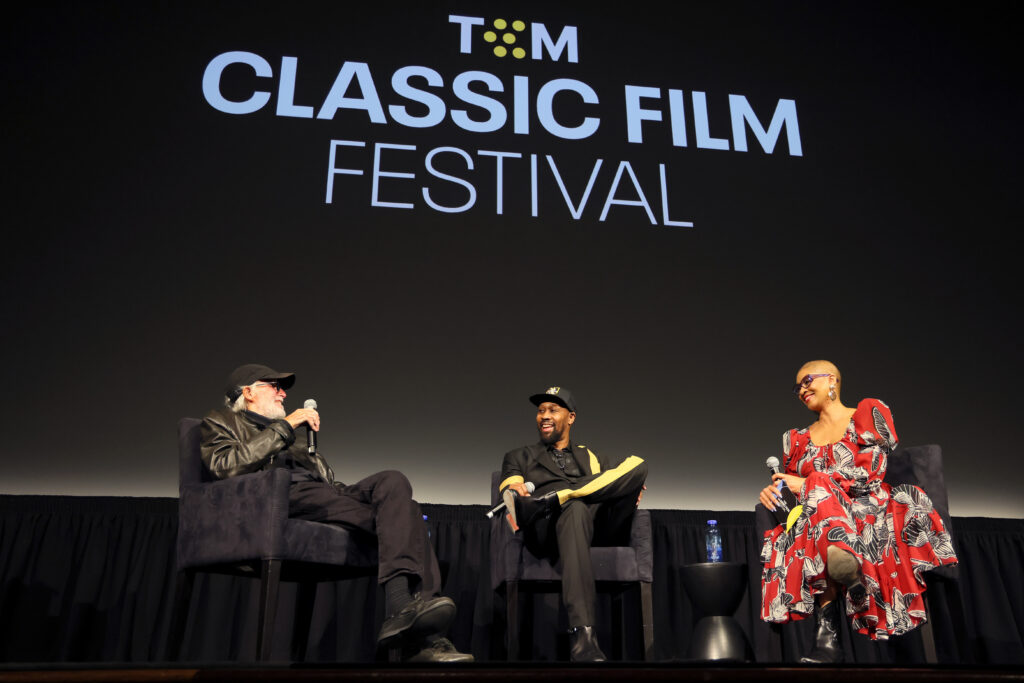Belfast Film Festival: A Celebration of Local and International Cinema
Belfast Film Festival Opens Today

The Belfast Film Festival opens today with Kenneth Branagh returning to his hometown to screen his family drama, Belfast. The film follows a single street in Belfast during the Troubles.
The programme showcases a range of international work as well as nurturing local filmmakers and offering unique film-watching experiences. Community outreach is also key, with a full-time staff member running filmmaking projects with marginalised communities.
Opening and Closing Films
Programmer Rose Baker has created a festival that is both diverse and inclusive. As well as championing local film through its Irish Shorts competition and NI Independent strand, it has extended solidarity with those in the entertainment industry struck by work related issues with a showcase of mischievous and subversive films titled Kill Your Job Before It Kills You.
In a nod to the recent Writer’s Guild of America strike, BFF will screen a selection of films about screenwriters and host world renowned writer-director John Sayles and producer Maggie Renzi for a talk on their careers followed by a screening of a trio of their finest works.
Opening the festival is Belfast, Kenneth Branagh’s semi-autobiographical drama about growing up in Northern Ireland in the 1960s. The festival closes with Peter Hedges’ pandemic thriller The Same Storm on October 29.
Special Screenings
The festival always does a great job of showcasing the work of our talented local film makers. This year they have commissioned a new work by Prasanna Puwanarajah called Vox Populi which delves into Northern Ireland’s televisual archive to celebrate the macabre and the stranger.
This year BFF is standing in solidarity with the recent Writers Guild of America strike by hosting a talk with world renowned screenwriter John Sayles and producer Maggie Renzi. The pair will also be jointly presented with the Realta award at a special screening of their work.
There is a very strong Northern Ireland flavour to the programme with Ballywalter, featuring Co Down comedian Patrick Kielty in his first feature acting role and Doineann, the Irish language horror from DoubleBand director Aislinn Clarke.
Opening and Closing Talks
The festival has been a key contributor to the cultural and economic development of cinema in Belfast. Alongside the main event, it also runs Docs Ireland international documentary festival and a series of year round inclusive filmmaking projects.
This November, the BFF will open with Andrew Haigh’s surreal romantic drama All of Us Strangers and close with Yorgos Lanthimos’ bawdy feminist Frankenstein riff Poor Things. Both films have stormed the recent festival circuit, generating rave reviews and whispers of Oscar nominations.
The New Cinema strand features bold new films from both Northern Ireland and further afield including William Oldroyd’s scabrous Eileen and Christos Nikou’s dystopian romance Fingernails starring Jessie Buckley and Riz Ahmed. It will also feature a hybrid live music/film archive event bypassing cliched constitutional material.
Site Specific Screenings
Film as an experience is at the heart of the festival – from site specific screenings to moving image art exhibits and Belfast XR, their virtual reality strand. They also host a range of community outreach projects that teach practical writing and filmmaking skills, as well as cultivating an interest in cinema culture among audiences for whom it has traditionally been less accessible.
They’ve pushed this philosophy to the limit by screening films in locations that enhance and intensify the experience of watching them. Past site specific events have included Evil Dead in Ormeau Park, Cool Hand Luke in Crumlin Road Gaol and The Breakfast Club in Christchurch Library, to name a few.
Belfast XR Festival
The Belfast XR Festival is an annual event showcasing the best local and international immersive technology content. Its underlying ethos is to bring virtual and augmented reality to new audiences locally.
The line-up includes the acclaimed film Genesis from directors Maria and Joerg Courtial which condenses 4.7 billion years of evolution into one epic day. Other works include the Irish premiere of No Bears by imprisoned Iranian director Jafar Panahi and the award-winning documentary Laura Poitras’ All The Beauty and The Bloodshed.
The festival also features the first performance of GUTTER a dance theatre piece by ACNI Major Individual Artist 2022 Eileen McClory which delves deep into our hunger for gossip and the world of modern broadcast journalism. For further information visit the festival website.
